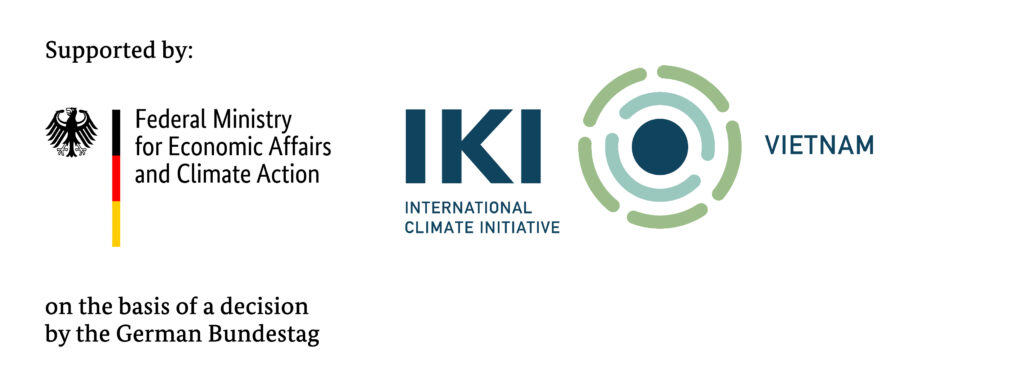On 7 September, the very first International Day of Clean Air for blue skies was held. This international day was originated by the United Nations General Assembly to recognise the need to substantially reduce the number of deaths and illnesses from hazardous chemicals and air, water, and soil pollution by 2030. By focusing attention on air quality and waste management, adverse environmental impacts can be reduced.
Air pollution is one of the greatest environmental risk to human health and one of the main avoidable causes of death and disease globally. Air pollution disproportionately affects women, children and older people. According to the WHO, in 2016 more than 60,000 people in Viet Nam died from air-pollution related disease. According to the World Bank, the economic cost of air pollution is USD 28,000/day. Beyond tackling these challenges, reducing short-lived air pollutants can also enhance climate change mitigation, which can in turn improves air quality.
GIZ Vietnam, in coordination with the United Nations Environment Programme (UNEP) and other partners organised contributions to help raise awareness and disseminate information about environmental and health threats due to air pollution.
Kia Fariborz, Chief Technical Officer of the SIPA project, was invited to join a Television Talk Show on ‘Air Quality Management in Viet Nam: Policy and Practice’ to discuss some of the key issues raised by the new International Day. The show was broadcast twice on Hanoi Television Station on 4 September 2020. It can be watched in both English and Vietnamese here: https://www.facebook.com/GIZinVIETNAM/posts/4163248680412590
The experts, among them Kia Fariborz, agreed that more stringent policies, including laws, are necessary to tackle air pollution in Viet Nam. The ongoing revision of the Law on Environmental Protection (LEP) in this regard suggests some additional taxes and fees, particularly for waste management. However, this is not enough to incentivize environmentally-friendly behaviour. The experts suggested development of a dedicated law on air quality management, such as Germany´s Federal Immission Control Act, or the Clean Air Act in the US.
Furthermore, in celebration of Clean Air Day 2020, GIZ in cooperation with the Hoan Kiem District People´s Committee and the NGO GreenID, organised a “7-day Challenge for Clean Air” from 7-14 September. The Challenge called on people in the community to work together towards cleaner air and blue skies. Participants were rewarded with a certificate and a small eco-friendly gift.
